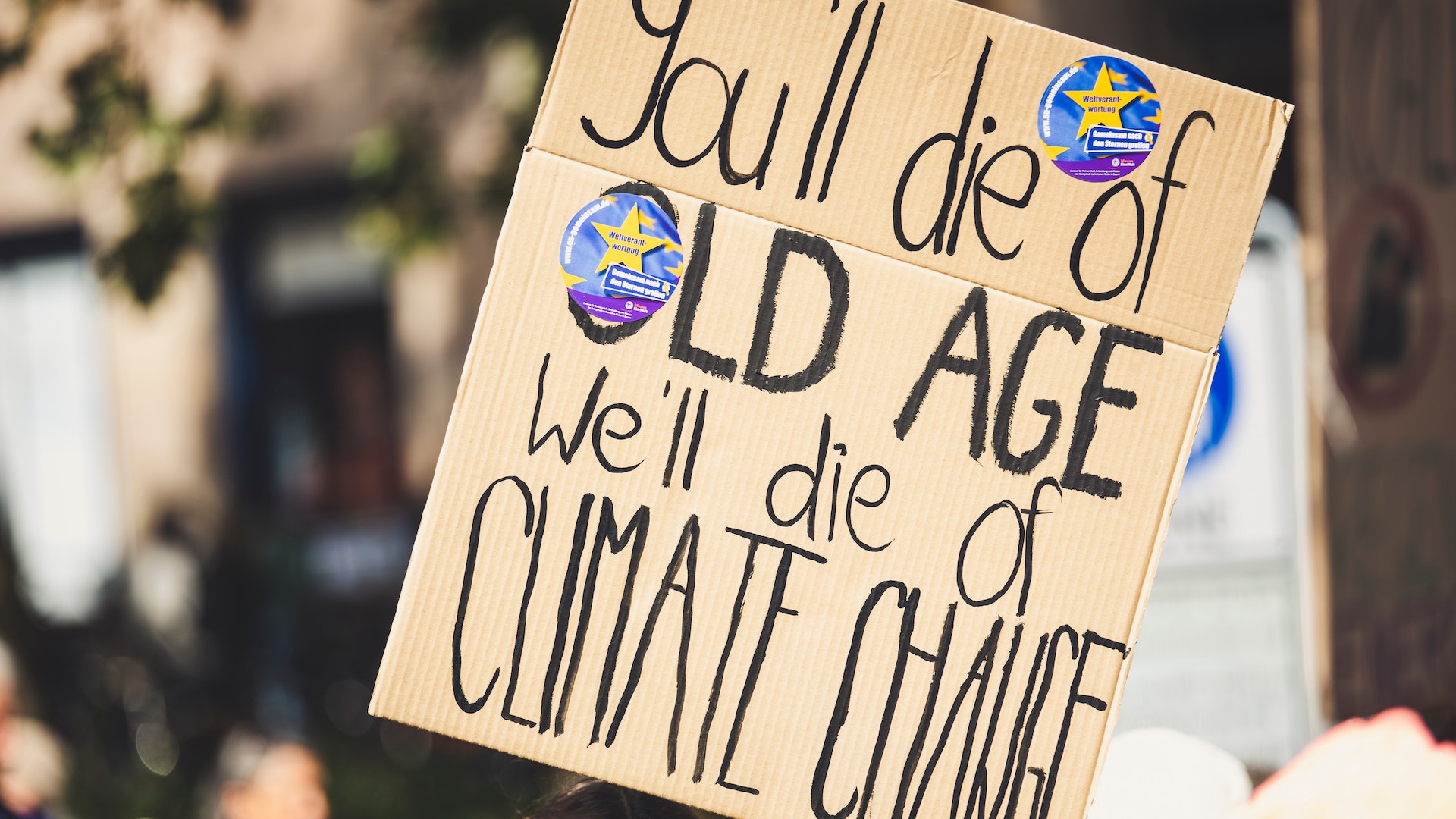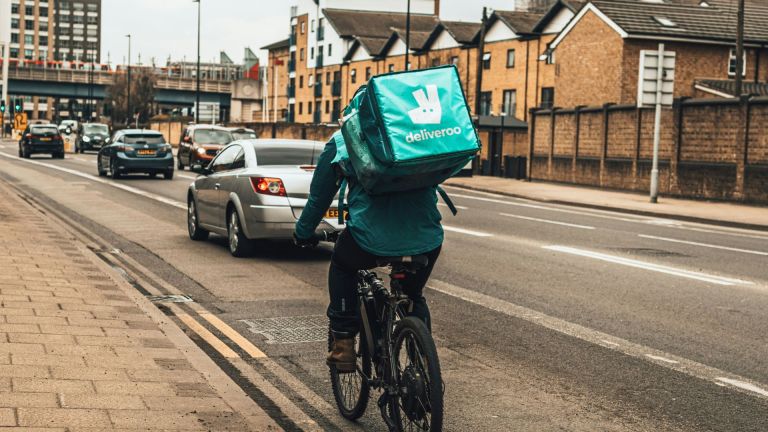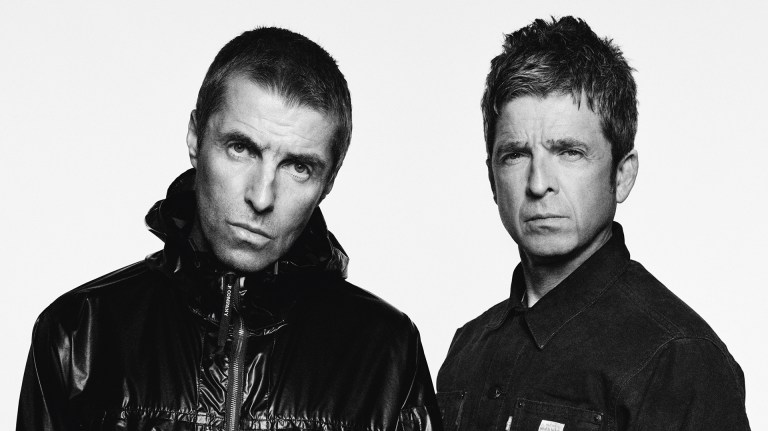The UK Climate & Development Ministerial meeting on March 31 discussed how to support those countries most vulnerable to the climate crisis. But the fine sentiments did not go nearly far enough if we are to deal with some of the worst outcomes and impacts of global heating.
The climate crisis is already here. Just last month the Red Cross revealed that in the last six months almost 10.3 million people had to leave their homes as a result of climate-related events such as flooding and droughts. The number displaced by conflict in the same period was 2.3 million.
The impact of global heating is profoundly unjust. Those who contributed the least to our heating planet – its poorest and most marginalised – are being affected first and worst, while the world’s wealthy are still able to avoid the worst consequences. And as our planet continues to heat up, these injustices will magnify and multiply.
The UK is responsible for nearly 5% of the total global CO2 emissions from 1750-2019. Our government should be a global leader. Instead, last year UK aid to some of the world’s most climate-vulnerable countries was slashed, from 0.7 per cent to 0.5 per cent of national income. Hardly a large difference for a wealthy nation like the UK, but a critical blow to communities on the frontlines of the climate crisis.
Lockdowns have taken income away from hundreds of Big Issue sellers. Support The Big Issue and our vendors by signing up for a subscription.
Nor is the commitment to climate mitigation on our own shores clear. Last year the government stood by while a new coal mine in Cumbria was planned, and just a few weeks ago it gave permission for more oil and gas wells to be drilled in the North Sea.










